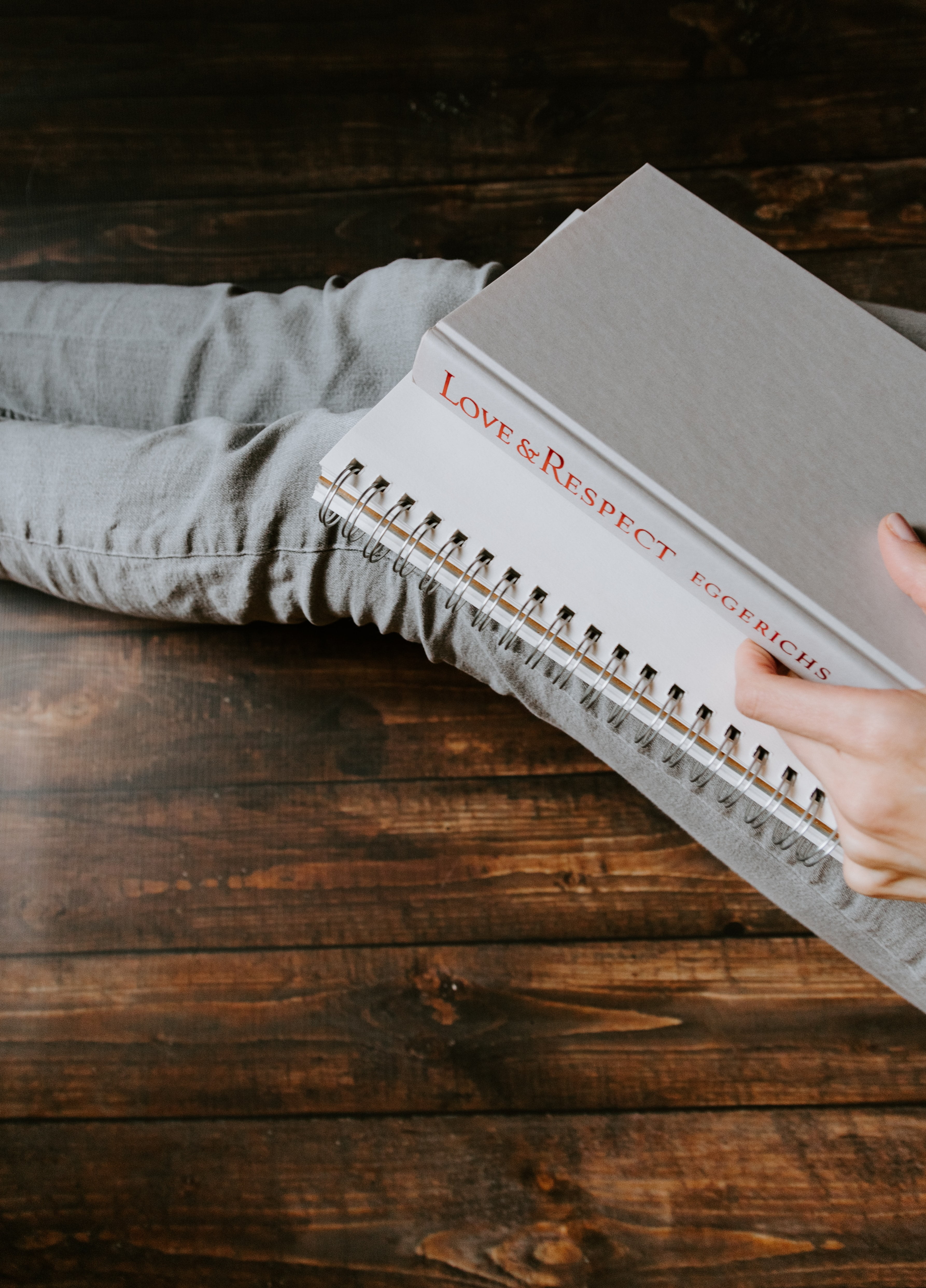So, in the last blog, I shared how our habit of emotional eating is developed since childhood and is carried forward. Knowing the source of origination is just for the purpose of understanding how it developed so that we do not behave in a similar manner with the kids around us and pass on the same pattern.
Today, I will be sharing how I personally dealt with my emotional eating. Being a deeply ingrained habit, becoming 100% free from it, is not a stage I have reached. But, becoming a little bit more conscious and aware of every emotional outbreak is what I aim for.
Lets quickly jump to the practices –
1) Stop tagging emotions as good and bad

Being angry, aggressive, sad, jealous is considered to be “BAD” as per the people around us and since childhood, we have been trained like machines to withhold such emotions. Whereas happy, joyful, inspiring, motivating, and love is considered to be “GOOD” and so we have learned to even FAKE those emotions.
In this space today at this moment, I invite you to break that belief of good and bad. Unless you learn to accept the emotions for what they are, you will never be able to see through it, you will never be able to process it. And as long as you don’t process it, it will create a blockage in your energy system and hinder your process of evolution.
See your emotions for what they are, not the way in which the world has trained you to label them.
2) Give yourself the freedom to feel

The habit of emotional eating strengthens when we keep on avoiding what is going on inside us. Develop a habit of sitting down once in a while on a weekly or maybe a daily basis to check with your emotions.
At the end of the day, sit and ask yourself about what were the feelings that emerged throughout the day. How did you feel about the situation? How are you feeling right now about the situation?
Asking such questions to yourself will create a space wherein you will be able to feel all the emotions that have arisen during the day or the week.
We only speak up about how we feel, when an empathetic person asks us about it. Why don’t we become that person for ourselves?
3) Before you eat anything, ASK

We are always told by people around us that, “Eat only when you feel hungry”. But hey, how do I know whether I am hungry or not? Nobody taught us how to check that. 😀
It’s very simple, whenever you are about to eat something, ask yourself whether are you eating out of hunger or stress?
If you still can’t get a clear answer then ask yourself whether you are willing to eat anything at that point of time, even the simplest meal like a chapati, bhakhri, or just khichdi?
If you agree upon eating the simplest things, it means you are really hungry. Because, when you are into emotional eating, your body will crave either extremely sweet, spicy, and tasty things.
Go back and think, have you ever binged on something as simple as a bhakhri or khichdi?
4) Name your emotions, don’t blame

When it comes to feeling your emotions, it is very necessary to name and identify them. This is the first step in actually processing your emotions. However, it is very necessary to understand the difference between identifying or naming the emotion and putting the blame on another person.
“I am feeling sad, fearful and angry right now”
vs
“He/she made me sad, fearful and angry”
The first one will help you in processing the emotion while the second one will put you in a victim mentality and you will fall in the blame game.
5) Talk to your body, it listens

Talk to your body every now and then about how it is feeling, what it needs, and how does the food you are consuming is leaving an impact on it. It might sound funny at the beginning but yes your body communicates everything if you find the time to sit and listen.
Next time you eat something useless, I mean junk, observe the signs that your body gives you after that, and just be with it consciously (without any judgment.) You will observe how after a few more times, you will automatically quit on consuming such food because you are observing the impact it creates on your body.
Right now, you are treating your body as a non-living entity that is working for you. You only pay attention to it when it creates a problem for you. Once you start taking care of it well, it will gift you with tremendous energy to achieve all the other goals of your life.
MAY GOD BLESS YOU!


